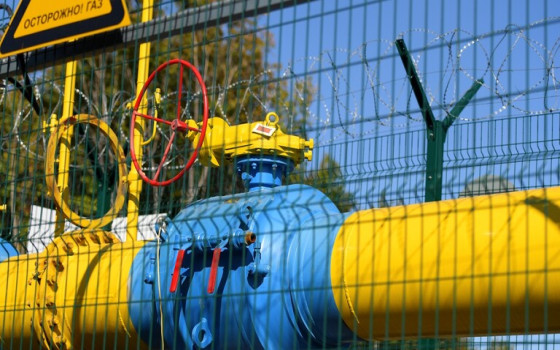
European Union: Agreement on internal markets in renewable and natural gases and hydrogen

- Europe and Arabs
- Tuesday , 28 November 2023 14:51 PM GMT
Brussels: Europe and the Arabs
It was announced in Brussels early Tuesday morning that the European Council, which represents the member states of the Union, had reached an agreement with the European Parliament, which is a temporary political agreement regarding directing the establishment of common rules for internal markets in renewable and natural gases and hydrogen.
The directive seeks to facilitate the penetration of renewable and low-carbon gases into the energy system, enabling the transition from natural gas, with the aim of reaching the EU goal of climate neutrality in 2050.
“This agreement is a major achievement as it will enhance the deployment of the emerging hydrogen sector, the transition of the gas sector towards renewable energy, and it also sets rules for consumer protection and enhances security of supply. There is no doubt that this is a big step closer to renewable energy.” The European Union's goal is to reach climate neutrality in 2050, which we should all be proud of.” According to a European statement issued in Brussels by Teresa Ribera Rodriguez, Vice President of the Spanish Government and Minister of Environmental Transition and Demographic Challenge.
According to the European statement, “The directive is part of a package to decarbonize hydrogen and gas markets, which also includes regulation.
Both the Directive and Regulation are part of the Fit for 55 package and aim to create a regulatory framework for dedicated hydrogen infrastructure and markets and integrated grid planning. It also sets rules to protect consumers and enhance security of supply. The remaining part of the gas package will be agreed upon between the Council and Parliament at a later stage.
Amendments to the directives approved by the Council and Parliament
The Council and Parliament agreed on the division between transmission system operators (TSOs) and distribution system operators (DSOs) for hydrogen.
As for protecting vulnerable groups, Member States must ensure that the right to switch supplier or market participant is granted to customers in a non-discriminatory manner in terms of cost, effort and time. The interim agreement sets out arrangements on how to disconnect, in order to protect customers from future decommissioning or reuse of the gas network for hydrogen. Appropriate organizations should be consulted, the client should be informed in advance, and the specific needs of vulnerable clients will be taken into account.
Member States have the power to determine how to protect vulnerable customers from disconnections and to determine how best to support them.
Finally, the interim agreement provides for increased coordination between plans to develop hydrogen, electricity and natural gas networks. Network development plans will be built on sector integration and the “energy efficiency first” principle, prioritizing the use of hydrogen in sectors that are difficult to decarbonise.












No Comments Found